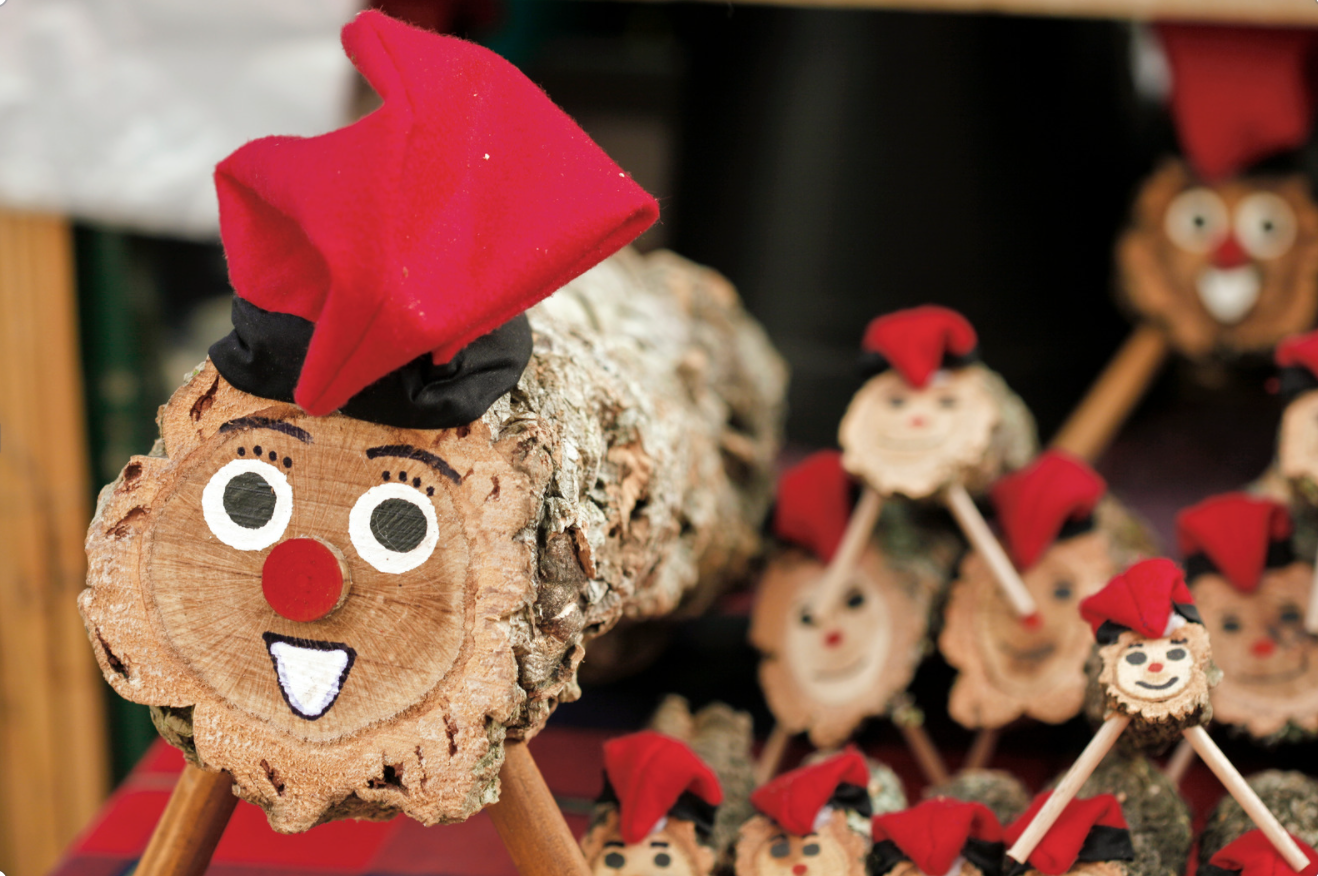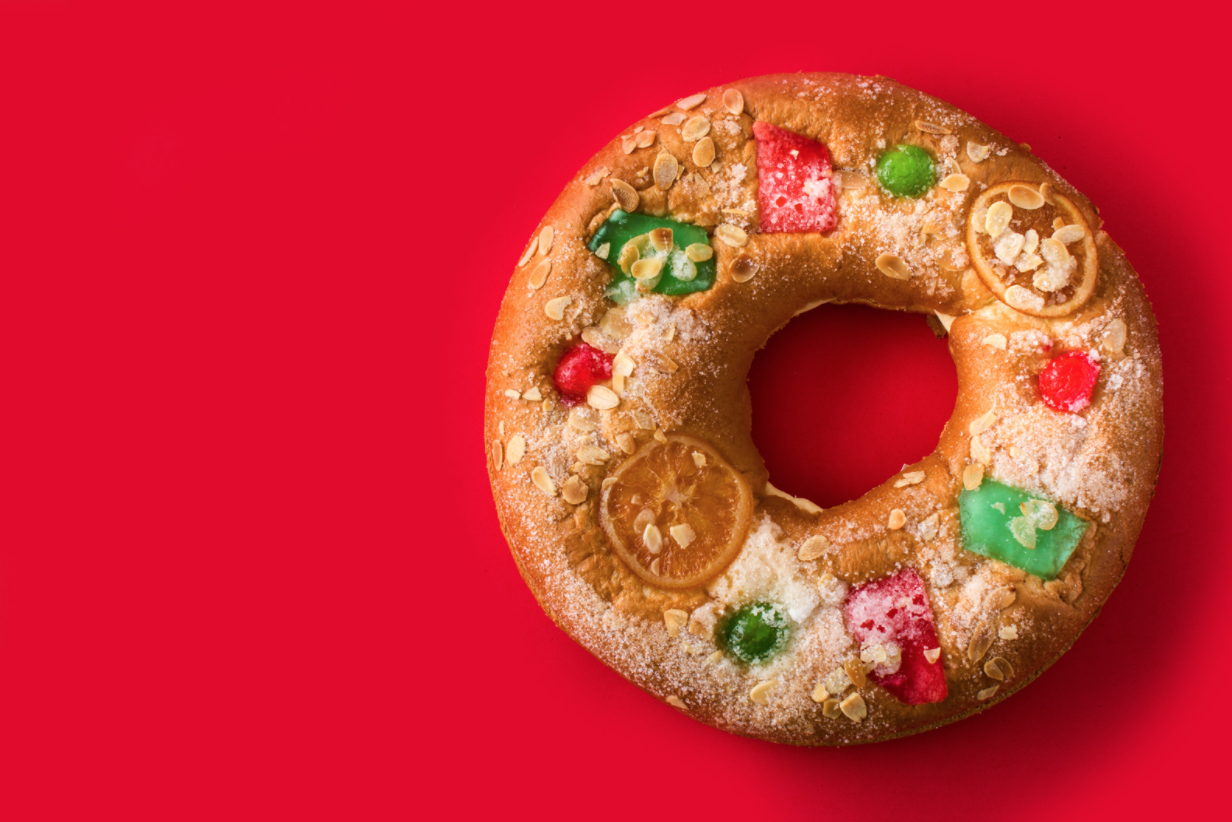FIGT member Sinéad Galvin shares with us the delightful end-of-year holidays and traditions from Spain.

By Sinéad Galvin
My name is Sinéad and I am a FIGT newbie. I’m Irish and although I have lived in many other countries, Spain has been my home for many, many years. For that reason I wanted to share some of Spain’s Christmas traditions.
For families that might be celebrating their first Christmas in Spain then it is high time to learn about the Spanish Christmas customs or traditions as they might differ from those to which you are already accustomed.
Nochebuena (Christmas eve)
Christmas eve is celebrated on December 24 and is of huge importance, it is generally a big family affair. Usually, members of the extended family gather around a feast which although differs depending on where you are in Spain will almost certainly include; jamón (Spanish ham), marisco (sea food), cordero (leg of lamb), pescado (fish), meat, wine and all kinds of desserts
In many homes, especially with children, Nochebuena is a very exciting night: it’s when Papá Noel (Santa Claus) brings gifts to all the children who have been good during the year. Some regions of Spain have their own traditions: in the Basque Country, it’s Olentzero who leaves the gifts, while children from Cataluña and Aragón receive gifts from Tió de Nadal.
It's really important to note that Spanish kids traditionally received their Christmas presents from Los Reyes Magos (the Three Kings) affectionately known as Melchior, Gaspar and Baltazar on 6th January. My Spanish husband never celebrated Santa but I suppose in these global items, Santa is slowly making headway in Spanish homes. Because of Los Reyes, Spanish kids do not go back to school until 8th January.
 Caga Tió
Caga Tió (literally means pooping log!)
The Caga Tió – or Tió de Nadal (Christmas Log) as he is sometimes called – is a smallish wooden log, covered in a blanket and usually given a warm, smiley face. You’ll find Caga Tió for sale in Christmas markets across the two main provinces from which he originates, Catalonia and Aragon. Come Christmas time, the log is expected to ‘poop’ presents for children and their parents, much to the amusement and amazement of younger spectators.
El Gordo
Although several lotteries, national and continental, take place daily and weekly in Spain, the most famous and eagerly-awaited of all is the El Gordo ('fat') draw, held without fail on December 22, even when this is a Sunday. It has been held every year since 1812, and the winning numbers are sung out by school children.
Nochevieja (New Years Eve)
Spaniards spend the final moments before the clock strikes midnight preparing to ring in the new year. People gather in plazas or homes to eat the 12 uvas de la suerte (12 lucky grapes). For each grape, you make one wish for the new year. The goal, when the clock strikes midnight, eat each grape, one by one, in 12 seconds. Most certainly not recommended for young children!
Belens (Christmas crib)
Beléns are elaborate nativity scenes – it is the Spanish word for Bethlehem. More than just a stable with animals and figurines, however, the Spanish beléns can be huge scenes, complete with many different houses, farms, rivers and marketplaces. They really are spectacular to see.
Dia de los Santos Inocentes (Fools’ day)
The Spanish versión of April’s fool’s day takes place on December 28th.
 Roscón de Reyes
Roscón de Reyes (Spanish variation of Christmas cake)
The roscón is a sweet bread (almost like a brioche) that is baked into a circle or an oval shape. It isn’t always filled, but traditional fillings include whipped cream, chocolate cream, meringue or custard cream. It is typical to decorate the cake with colorful candied fruits, creating what looks like a king’s crown full of sparkling jewels. Bakers hide small trinkets throughout the cake, so be careful when biting into this pastry.

